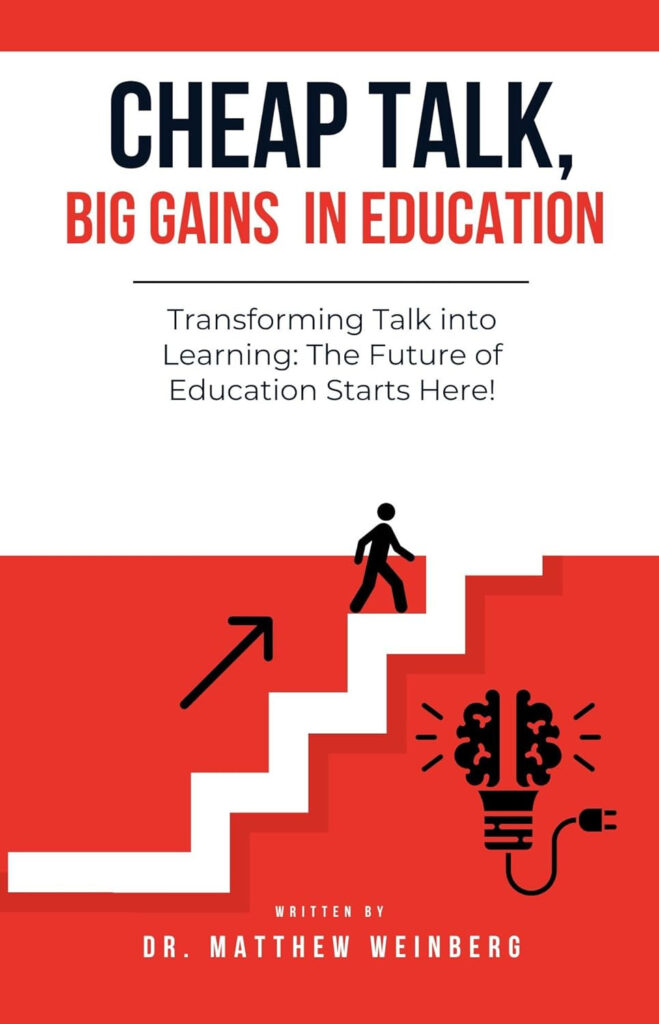
Boldly reimagining education in a comprehensive, compassionate, and inclusive way, Cheap Talk, Big Gains in Education by Dr. Matthew Weinberg presents an innovative approach that is desperately needed in our modern paradigm of knowledge distribution and retention. Promoting principles of collective effort and collaboration, rather than the hyper-individualization of Western culture, this meticulously organized book offers an ambitious and potentially controversial vision for the future, one that will require commitment and participation on an international scale.
Driven by the neurological disorder and subsequent struggles of his own daughter, the author spent years researching, exploring, testing, and adapting a more representative and effective model for teaching based on collaborative learning and student-led dialogue to promote greater understanding. A dialogic approach allows for more dynamic and reinforced learning for students, even for those who would otherwise excel under a traditional teaching methodology.
The author’s confident divergence from traditional classroom strategies is refreshing, particularly his blatant criticism of standardized testing and temporary memorization/cramming as accurate measures of aptitude. Fueled by sensorial experience, critical thinking, collaborative problem-solving, experimentation, and active participation – skills too often absent in classrooms today – this socially centered and highly responsive approach makes learning a shared enterprise, rather than performatively competitive.
Collaborative knowledge-building is not an entirely novel idea, as social interaction and collective idea integration are cornerstones of certain community and educational structures, but the author’s focus on dialogue and dynamic communication as vehicles for knowledge-building does feel trailblazing. Weinberg’s inclusion of game theory as a core aspect of this new teaching style is particularly notable, and the titular “cheap talk” refers to exercises and practices that promote engagement, idea-sharing, and lasting comprehension, rather than test-oriented lessons and dogmatic binaries of correct and incorrect. Shifting the role of teachers from distributors of knowledge to facilitators of knowledge construction may seem minor, but in daily classroom practice, this reframing is both revolutionary and attainable.
The chapters that outline middle school, high school, and collegiate implementations are inspiring, and clearly show how radical ideas that start small can be rapidly expanded. The author has seemingly considered every modern variable, opportunity, and obstacle that is actively affecting today’s education systems – from considering the varied impacts of artificial intelligence and the ethics of his proposed knowledge-sharing to the overlap of education and social justice issues, Weinberg demonstrates a broad and realistic view of the current learning landscape. He also argues for the synthesis of old and new, simultaneously recognizing the benefits of Socratic dialogues and digital literacy, for example.
Furthermore, rather than extolling the virtues of his proposed system without a pragmatic way to implement it, he validates his arguments with compelling research and successful real-world examples, while also acknowledging that dialogic education must continue to evolve and avoid rigidity in its application, lest it become as outdated and exclusionary as the traditional approaches it seeks to replace. In summary, this is a passionate proposition and a compelling argument from Dr. Weinberg for a drastic overhaul of our educational landscape, making it a must-read for every open-minded educator, concerned parent, and defender of equality.
Book Links
STAR RATING
Design
Content
Editing
Get an Editorial Review | Get Amazon Sales & Reviews | Get Edited | Get Beta Readers | Enter the SPR Book Awards | Other Marketing Services







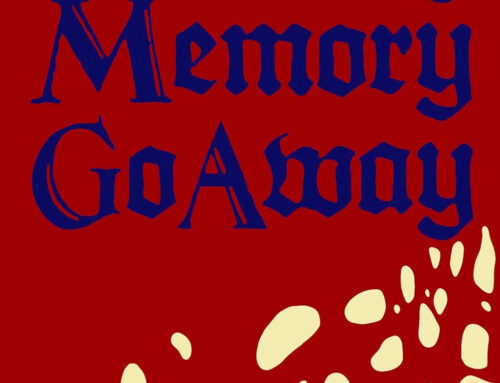








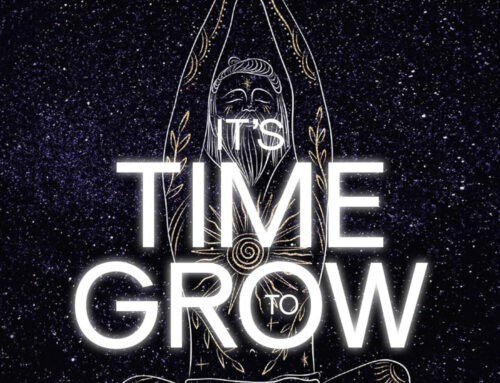
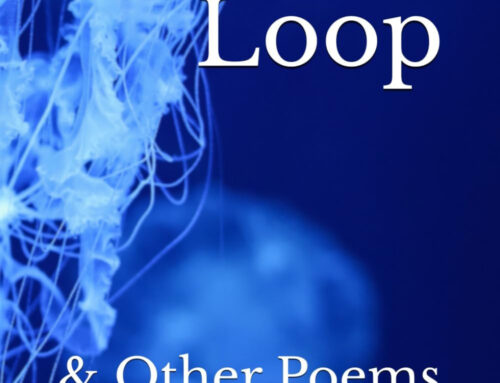
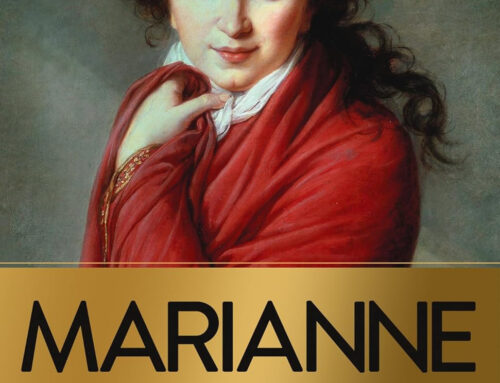




Leave A Comment